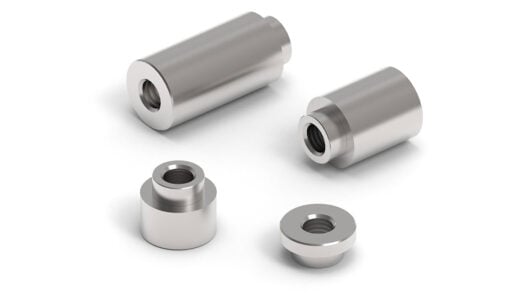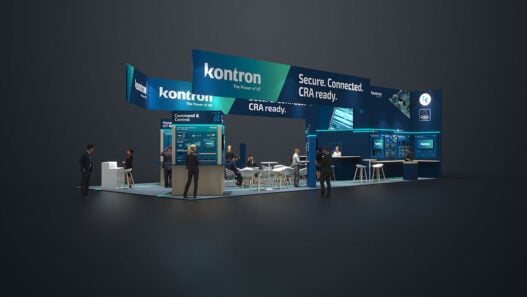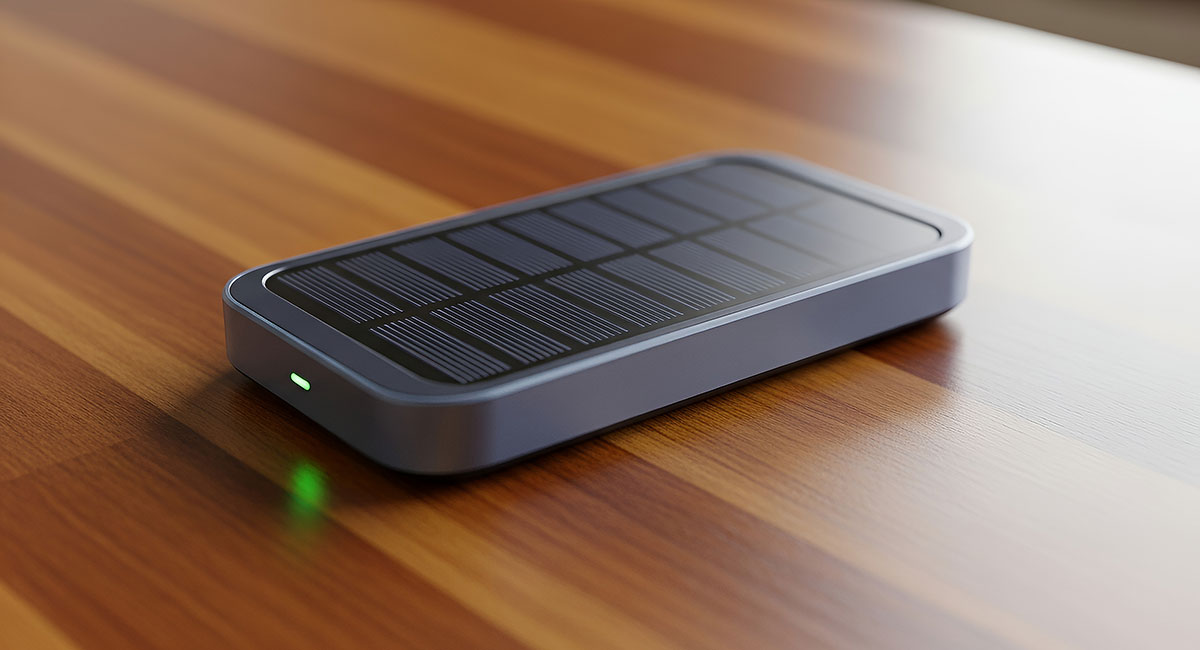“The ISL78714 battery management IC enables battery management systems with a best-in-class combination of battery pack monitoring accuracy, fast data acquisition, and fault checking features,” said Niall Lyne, Senior Director of Product Marketing and Applications, Automotive Mixed-Signal/Power and Video, Renesas Electronics.
“Our Formula E technology partnership with Mahindra Racing is already helping them win on the race track. Together, we designed and integrated a low-voltage Li-ion battery management system featuring ISL78714 ICs and RH850 microcontrollers in Mahindra Racing electric race cars.”
The feature-rich ISL78714 monitors and balances up to 14 series connected cells with ±2mV accuracy across automotive temperature ranges, letting system designers make informed decisions based on absolute voltage levels. The ISL78714 includes a precision 14-bit analogue-to-digital converter and associated data acquisition circuitry. The device also offers up to six external temperature inputs (two available from GPIOs) and includes fault detection and diagnostics for all key internal functions.
The ISL78714 meets the stringent reliability and performance requirements of battery pack systems for all EV variants including HEV/PHEV, with safety features enabling automotive manufacturers to achieve the ISO 26262 automotive safety integrity level (ASIL D). In addition, the ISL78714 monitors and reads back over/under voltage, temperature, open wire conditions, and fault status for 112 cells in less than 10ms, or 70 cells in 6.5ms.
Multiple ISL78714’s can be connected together via a proprietary daisy chain that supports systems up to 420 cells (30 ICs) that provide industry-leading transient and EMC/EMI immunity, exceeding automotive requirements.
The ISL78714’s daisy-chain architecture uses low cost capacitive or transformer isolation, or a combination of both, with twisted pair wiring to stack multiple battery packs together while protecting against hot plug and high voltage transients. A watchdog timer automatically shuts down a daisy-chained IC if communications is lost with the master MCU.
Key features of ISL78714 battery management IC
- Monitors and manages up to 14 cell voltages with ±2mV measurement accuracy
- Robust two-wire daisy chain communications system using capacitor or transformer coupling up to 1Mbps
- Fully differential cell input range of ±5V accommodates fuel cell and bus bar measurement requirements for aging battery packs
- 15-year board level accuracy (long term drift) of ±6mV @ ±6σ
- High diagnostic coverage for cell voltage and temperature measurements
- AEC-Q100 Grade-2 qualified and specified for operation from -40°C to +105°C
A Battery Management System (BMS) reference design is available, which includes five ISL78714 ICs and a RH850/P1M MCU to form a complete 70-cell evaluation platform for external balancing. The reference design kit provides setup and data logging via CAN and UART. Also provided is a GUI, Altium layout files and low level drivers for the RH850 peripherals and ISL78714.
Hardware, software, and interface reference manuals are included, along with an EMC report. Together, the reference design kit makes it easy for electric vehicle system designers to port their software to the RH850 MCU, scale to any battery pack size, and save up to one year of development time.










